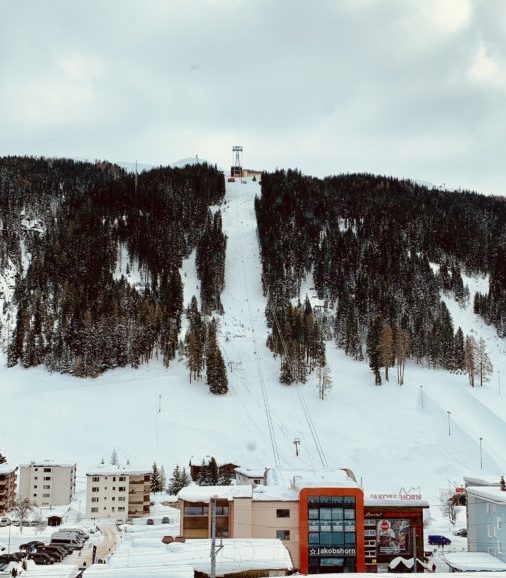In a series of dispatches, I will be sending my thoughts from Davos on the World Economic Forum throughout the week.
Davos Monday afternoon
As the people pour into this small ski town today, the discussions among the lanyard-wearing delegates at the coffee shops and hotel lobbies off of the Promenade at the Congress Centre Davos seems to come down to one word: trust.
As one of the few chief trust officers among the 3000 or so delegates here in Davos this week, I’m particularly attuned to what that means to different people. Trust is certainly being discussed in terms of the global economy, with rampant speculation on trade among people not only likely to know, but often likely to be able to effect change.
But trust this year is also being discussed in the more directly tangible form of risk, especially with the new release of the WEF Global Risks Report just issued. This 2019 report calls out extreme weather, natural disasters, involuntary migration, water crises and biodiversity losses; but it also highlights more than ever before large-scale cyber attacks and massive data fraud as risks that are not only most likely, but would have the biggest impact on the world. And it is these cyber risks that are the talk of the town, and what I am here to dialogue about.

The World Economic Forum theme for this week is Globalisation 4.0, which builds on the concept of the fourth industrial revolution driven by digital technology. Both ‘globalisation 4.0’ and the ‘fourth industrial revolution’ still mean different things to different delegates.
Klaus Schwab, founder of the World Economic Forum focuses globalisation 4.0 on what “…the unprecedented pace of technological change means that our systems of health, transportation, communication, production, distribution, and energy – just to name a few.” He then describes the fourth industrial revolution as “a technological revolution that will fundamentally alter the way we live, work, and relate to one another.” Both of these bold concepts will underpin the direction of the discussions this week.
Dispatches from Davos — Monday morning
Complementary to this focus will be the full day of Cyber Future Foundation’s cyber futurist’s dialogues at the historic Berghotel Schatzalp high above Davos, focused on six key areas: systemic cyber threats, standardising cyber education globally, cyber risk qualification, quantification and mitigation, adversarial actors in cyberspace, information reliability, and disruption and innovation in technology & talent.
These discussions, organised by Val Mukherjee, Chairman of the Cyber Future Foundation, and led by luminaries from governments, academia, and industry from around the world, are expected to direct necessary change in the global status quo.
Both of these events begin tomorrow morning after a night of welcome parties, and judging from the people in town today, we are in for an impactful week. Follow along here on our progress, as I continue my dispatches from Davos.
Written by Tom Patterson, Chief Trust Officer, Unisys










